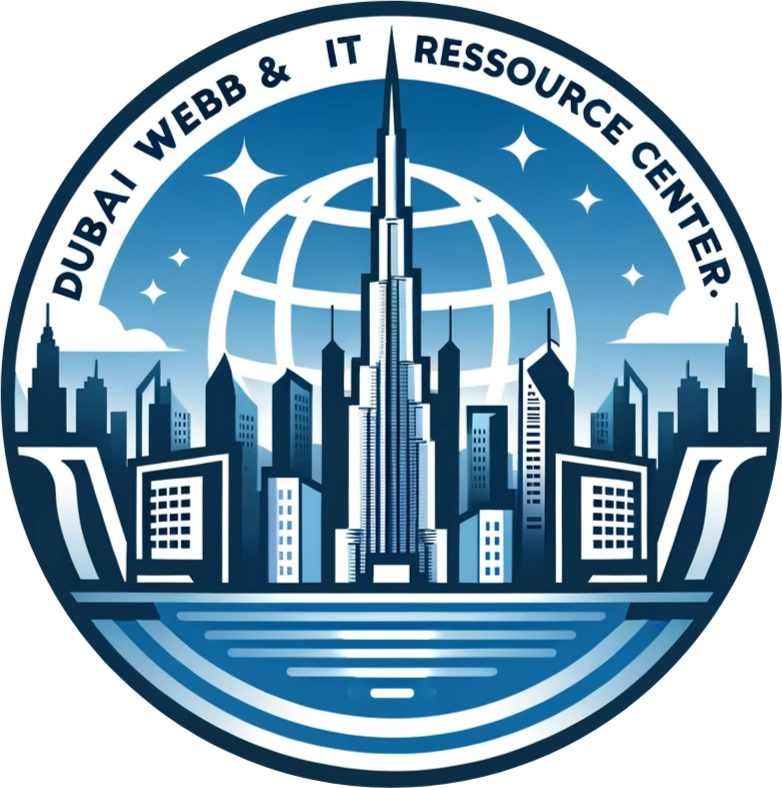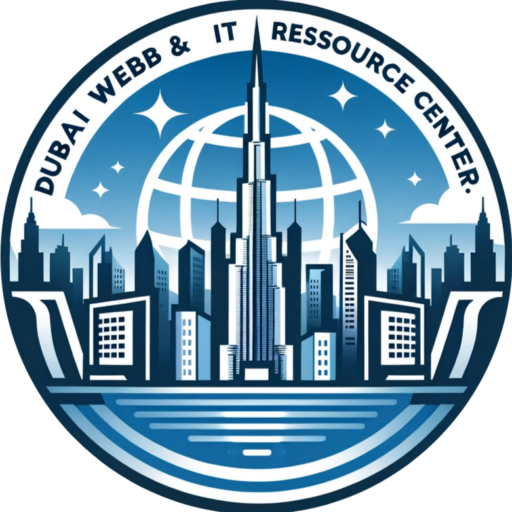Having a website is an indispensable thing for the digitized world. That’s half of the work done, though. The same website needs to talk to the right people and that is where SEO comes into play. Website development and SEO are two hands working towards one better result. Here in this blog, we will see how two of these elements collaborate with each other and then how to optimize them.
Definition of Web Development
Literally, web development or development of a website means developing the structure and design of a web page and also its functionality. All of this put together by coding, content creation, and user experience design. If designed well, the website would be easy to use, aesthetically pleasing, and functional; however, it could soon become irrelevant unless optimized.
What’s SEO Role?
SEO refers to the process of making your website more search engine friendly. This includes some modifications on a website to ensure that your website appears first when searching for something. Through this, you augment organic traffic and, therefore, increase the chances that your potential customers will find your business. Effective SEO strategies include keyword research, on-page optimization, and link building.
The synergy between Website Development and SEO
Since website development and SEO work together in perfect harmony, the ride is smooth for the user as well as for the search engine. Some of the ways that both work in concert for better include the following:
1. Structuring Your Website
It’s a well-structured website that clears content in the search engine. The developers create a clear hierarchy with headings, subheadings, and internal links which enhance SEO. So, the website easily crawls and gets indexed by a search engine.
2. Responsive Design
Most people now access the internet from their mobile phones. Due to this reason, your website design needs to be responsive. A responsive website leads to better search engine rankings. A perfect developer has to ensure that your website looks and performs really well on all devices. This sort of optimization improves the user experience and is also great for SEO.
3. Page Load Speed
One of the things that distinctly impacts both user experience and SEO rankings is website speed. So, if your website is taking too long to load, a sure bet is that the users will simply leave. Such a situation will increase your bounce rate, which negatively affects your rankings. So, developers must optimize images, reduce code, and use caching to make load speed excellent. Fast websites rank higher and keep users engaged.
4. SEO-Friendly URL Structure
Good and semantic URL structure will serve the interest of both users and search engines. The developers should make the URLs reflect the content of the page. Relevant keywords in your URLs help the search engine understand your content better and thus improve your chances of getting ranked higher in search results.
5. Quality Content
Quality of content is the very base of both Web development and SEO. Developers should collaborate closely with content creators to make sure that the website offers good value, relevance, and engaging content. Keyword optimization without losing any natural or informative content will attract visitors, and make them spend more time on your site.
6. On-Page SEO Elements
Other on-page SEO elements included title tags, meta descriptions, and header tags. Developers should optimize these as well. This includes the use of proper keywords, a compelling meta description, and how the content is structured using header tags. If this is properly done, it further supports the search visibility.
7. Implementation Schema Markup
Schema markup is a coding that helps search engines comprehend your content more. It gives extra context to what you might have on your website, like reviews events, or products. Schema markup should be implemented by developers to have better search visibility. This may consequentially lead to rich snippets which further enable improvements in click-through rates.
8. Backlink Strategy
Backlinks are links that other sites are providing to your website. Backlinks are pretty important for SEO since they show trust and authority. Although a developer cannot build links directly, he will help you to help support a link-building strategy. As you produce excellent content and ensure your website will be sharable, you will attract more backlinks.
9. Analytics and Tracking
Development and SEO should both always be tracked and studied. You would include analytics tools in your website for developers so that you could know what happens on your website, the sources of traffic, and your conversion rates. These pieces of information will guide you to the right parts of your website to improve on and inform the strategy for the future. Ongoing analysis of your website keeps it in great performance.
10. Continuous Improvement
The digital landscape keeps on changing. This means one should always know the most trending algorithms. Finally, the developers and SEO professionals will have to interface so that the required adjustments can be made to keep your website going in the right direction. Always there is room for improvement to keep your online presence at a high level.
Conclusion
Altogether, website development and SEO optimization constitute two important aspects of an online strategy that really works. Together, they prepare an optimized website for users to visit and eventually convert into customers. Paying attention to structure, design, content, and continuous improvement will get you better results. By embracing this synergy between website development and SEO, you would enhance your online presence and drive growth in the digital landscape.


